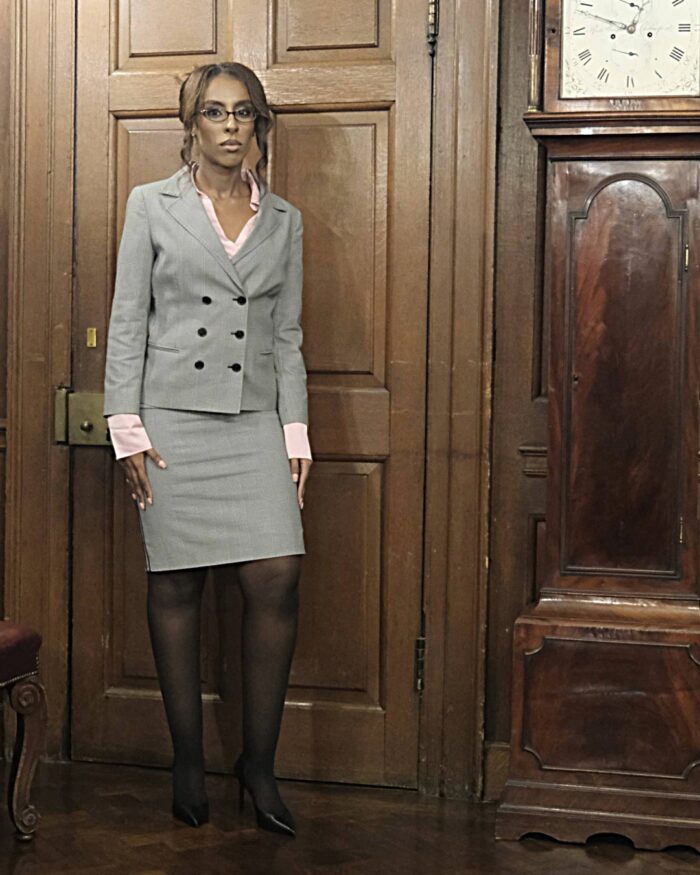Dr Osman’s PhD in Multi-disciplinary Gender Studies was on the roots of Liberian politics and how the repatriation of enslaved people during the ‘Back to Africa’ Movement in the 19th and 20th centuries had an impact on the politicisation of ethnicity.
Her work involves a lot of archival research, including interviews, films, documentaries and diaries from past centuries. “I am trying to tell a different story and doing politics differently, from the ground up,” she says. She describes the research as piecing together a jigsaw because of the lack of official sources.
Dr Osman is teaching a popular master’s course on global black resistance through the African Studies Centres as well as undergraduate courses in comparative African politics and politics in Africa through the Department.
“I am questioning where international relations come from. It mainly grew from the post-World War II world and the particular ethnic and racial politics of the time,” she says.
Dr Osman, who was born in Omdurman, Sudan, and grew up in the US and Canada after her family had to flee abroad during the country’s second civil war, feels it is important that decolonisation is not limited solely to adding a Black academic to the teaching staff. It must, she says, result in curriculum change.
“Decolonisation is about making space and doing it actively,” she says.
Dr Osman is very aware that there are few Black professors, particularly women professors, at UK universities. At Cambridge just 0.3% of professors are Black. She hopes her perspective as an Assistant Professor will open doors to others and says she has already heard from a student who has found her appointment inspiring. “Toni Morrison said that the function of freedom is to free someone else,” says Dr Osman.
